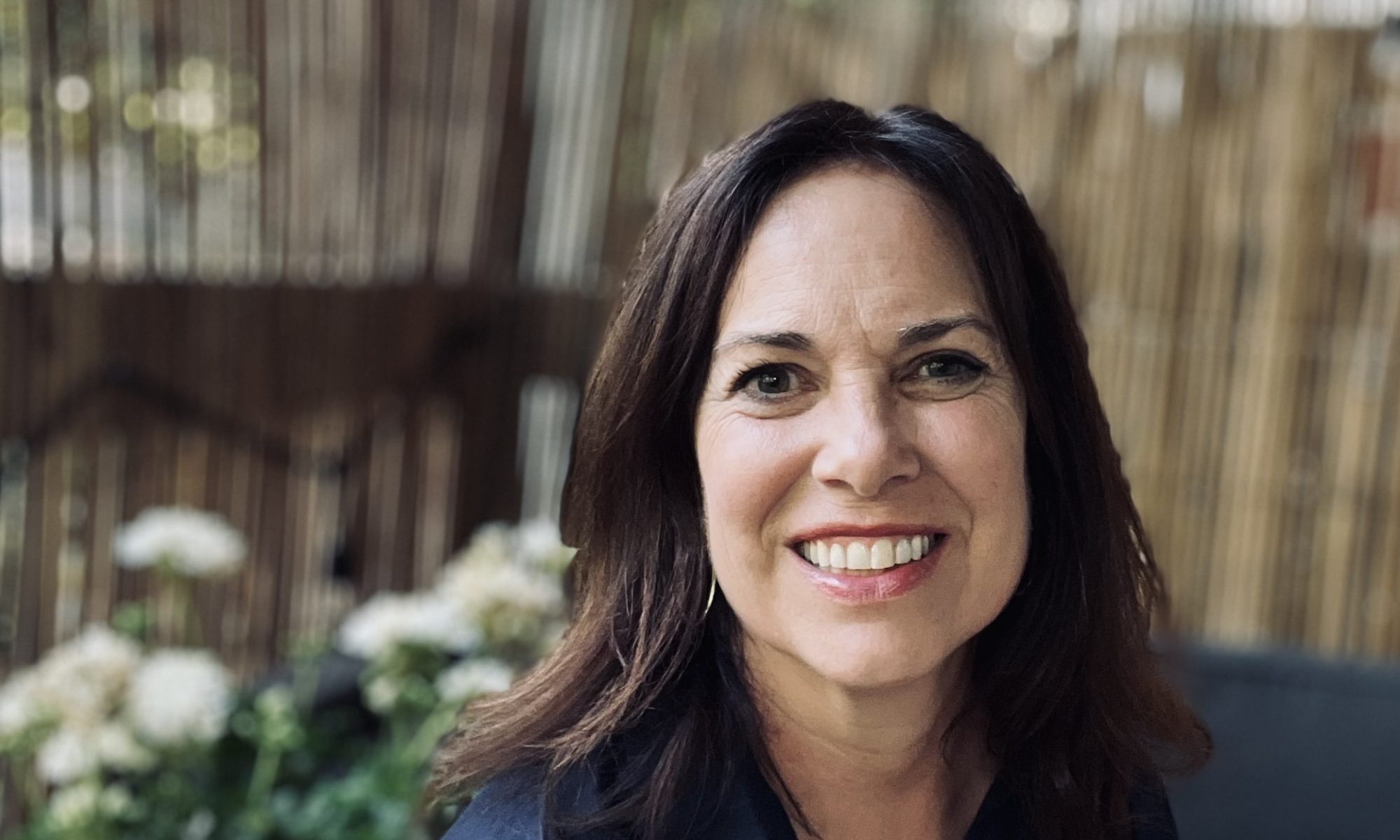New inroads on community-centric placemaking
As urban challenges mount, community-driven placemaking is gaining traction, with cities empowering residents to shape public spaces like parks and plazas through informal partnerships and decentralized decision-making. This global shift toward a range of partnerships is reshaping urban governance from the ground up,
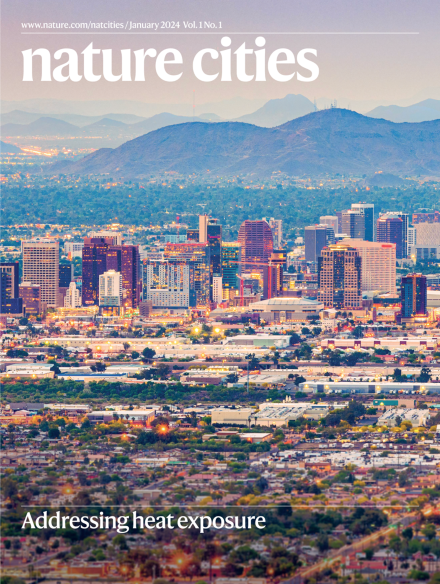
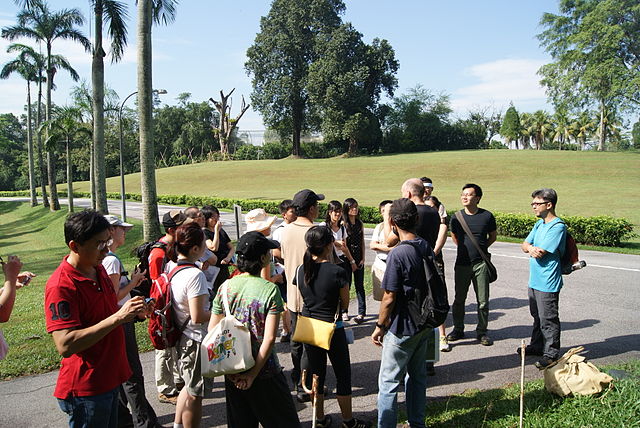

Published in Nature Cities, January 2024.
Gender Equality and Food Insecurity—We Need Everyone at The Table
Is this rise in global food insecurity an unfortunate triple crisis, or a predictable shock we’ll see amid gender inequities and insufficient governance and international cooperation?
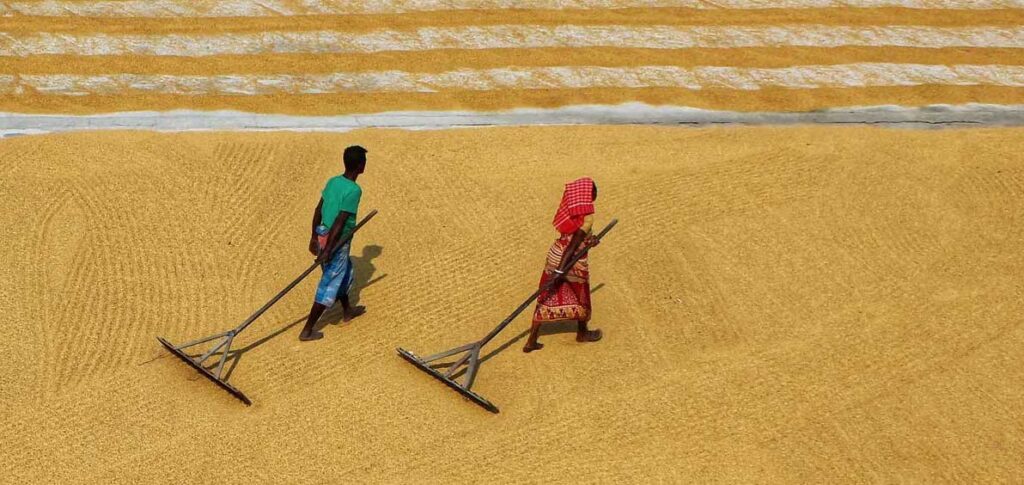
Published for the Global Governance Forum, January 2023

Global Governance Podcast with Augusto Lopez-Claros
Lisa Palmer on our Hot and Hungry Planet, January 2023.
Solving twin crises
In this interview for Nature Sustainability, I spoke with Margot Wallström, former European Commissioner for the Environment and former Foreign Secretary of Sweden, who led an international expert panel at the Stockholm International Peace Research Institute to study the intertwined risks of global environmental crises and conflict.

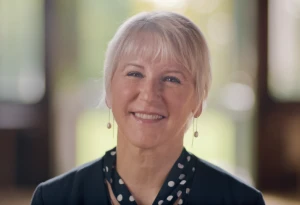

Published in Nature Sustainability, October 2022.
Trolling Is Taking a Toll on Science Journalism
Science journalists say they face threats of online harassment — and that newsrooms are doing little to protect them.

How trees and forests reduce risks from climate change
Across the globe, increasing tree cover is a popular solution to offset carbon emissions. Replenishing trees is only part of the answer, and scientists seek an increased role as part of a multi-layered policy approach.
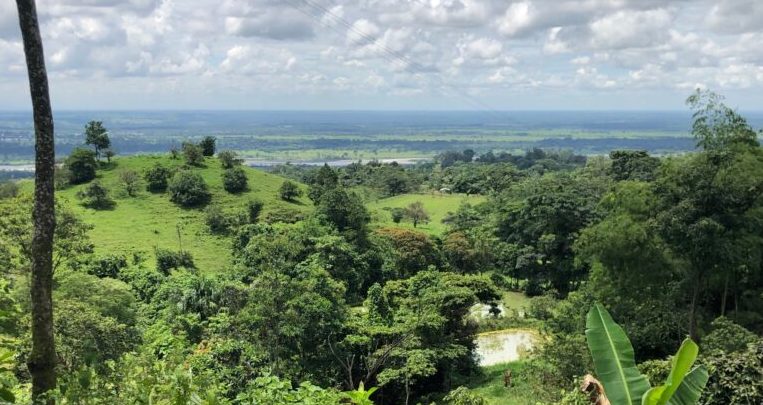
Published in Nature Climate Change, May 2021
Finding Peace
Displaced and disenfranchised by decades of war, some Colombians are rebuilding their lives—and their forests—through ranching.
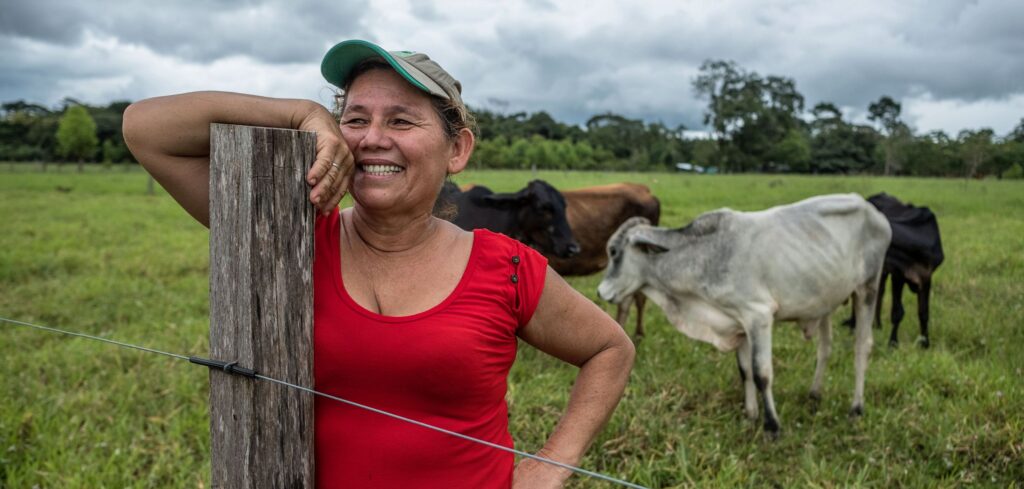
Published in Nature Conservancy, May 30, 2020
Hacking Conservation
Standard efforts have failed to slow the pace of extinctions, so Conservation X Labs is trying a fresh approach.

Published in Nature, May 30, 2019
One meal a day
As Lake Chad vanishes, seven million people are on the brink of starvation.

Published in The New Republic, July 2017
Urban Agriculture growth in U.S. cities
Published in Nature Sustainability, January 8, 2018
Adding power to the value of trees
Published in Nature Energy, April 11, 2017
‘It’s a perverse system’: How Colombia’s farmers are reforesting their logged land
Published in The Guardian, December 29, 2017
The next water cycle
Published in Nature Climate Change, October 29, 2014
Colombia finds hope for saving its wild lands.
Published in E360, October 25, 2017.
A new climate for grazing livestock.
Published in Nature Climate Change, May 8, 2014
See additional writing selections here.
Hot, Hungry Planet: The Fight to Stop a Global Food Crisis in the Face of Climate Change
The U.N. predicts the Earth will have more than 9.6 billion people by 2050. With resources already scarce, how will we feed them all? Journalist Lisa Palmer has traveled the world for years, documenting the cutting-edge innovations of people and organizations on the front lines of fighting the food gap. Here, she shares the story of the epic journey to solve the imperfect relationship between two of our planet’s greatest challenges: climate change and global hunger.

“This lively, concise book is packed with practical and often surprising ideas for meeting the profound challenges of global food scarcity. Lisa Palmer is a clear-eyed realist, but her fascinating tour of our Hot Hungry Planet will leave you more optimistic than you may have thought possible.”
— Dan Fagin, Pulitzer-prize-winning author of Toms River: A Story of Science and Salvation
